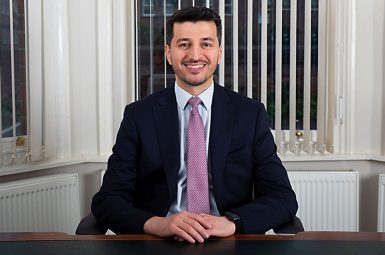Circumcision
Circumcision is a surgical procedure carried out under local anaesthetic to permanently remove the foreskin from the tip of the penis.
About circumcision under local anaesthetic
Why local anaesthetic?
- Simple operation 30-45 mins
- The penis is an excellent location to block with local anaesthetic (LA)
- Avoid the risks associated with general anaesthetic (GA)
- Can be done in a outpatient clinic therefore avoiding a hospital visit
- Quick recovery as no GA side effects
- Less expense (no hospital/anaesthetist fees)
Technique
- Similar to having an injection at the dentists
- 3 injections given at the base of the penis (<1 minute)
- The penis is usually numb with 5 minutes
- Sensation assessed by the surgeon before starting the operation
- More LA can be added during the operation if discomfort is felt
- Rarely the LA block doesn’t work and the operation will be rescheduled under GA on another day (1 in 150 cases)
Circumcision Procedure
The process.
- Seen in clinic by a consultant urologist (PH)
- History and examination
- Treatment options discussed (conservative/surgical)
- Information leaflets and consent forms given and a cooling offer period
What happens on the day of surgery?
- An hour long appointment in a dedicated clinic
- Consent process completed and post operative written information is given with contact numbers
- LA given by the surgeon (<1 minute)
- Circumcision performed in outpatient theatre
- Foreskin sent for histological review (looked at down a microscope)
- Home after 30 minutes rest in the waiting area with a pressure bandage (to be removed at home 2-3 hours later)
- Review by the consultant 2-3 weeks post operatively
Next Steps
Get fast access to leading specialists for the swift diagnosis and treatment of urological conditions in a private clinic environment.
If you would like more information or wish to arrange a consultation with one of our specialist consultant urological surgeons then please either Call 0118 920 7040 or complete the form below.
Insured patients
Contact your GP and ask for a referral to the Urology Partnership.
All consultations, investigations and treatments are covered by major insurance companies (depending on policy).
Funding your own treatment
Self-funding initial consultation fee is £205. Follow up fees are £165.
Consultation charges are exclusive of any tests and other investigations that the consultant may wish to carry out.



